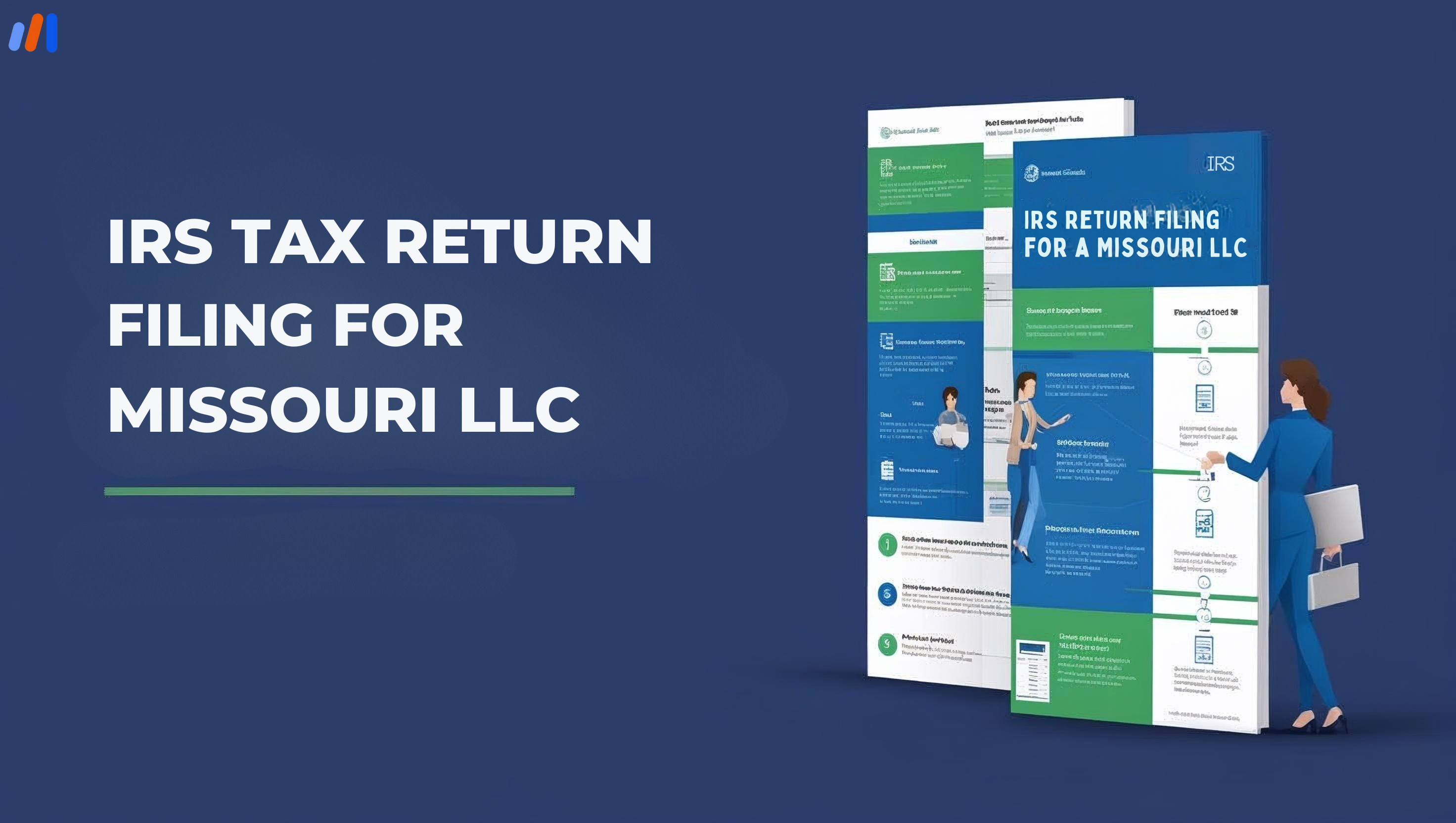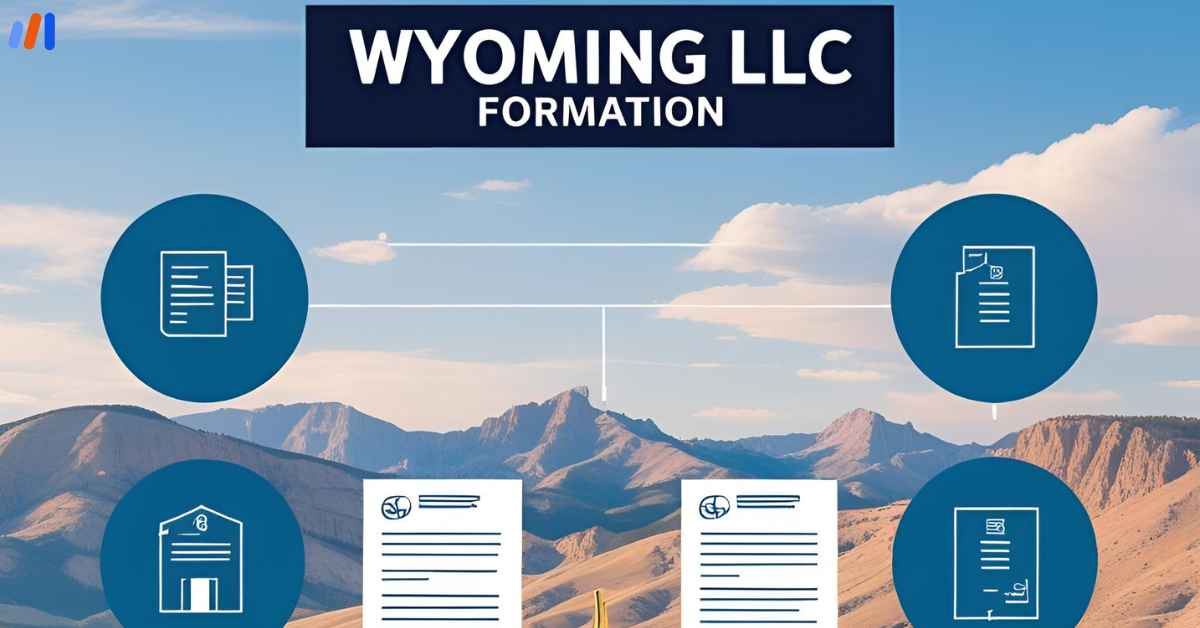In the rapidly growing digital marketplace, online businesses face numerous challenges, and payment processing is one of the most critical aspects to get right.
Regardless of what you are offering, whether physical items, digital items, or services, safe and trustworthy payment options must be in place to foster customers’ confidence and ensure adequate cash flow in the business.
Your payment processor selection extends beyond just facilitating payments. It is fundamental to the reputation of your business, how scalable your business is, and your potential to become international.
This all-inclusive practice guide looks at payment processing for online businesses and takes the guesswork out for entrepreneurs.
Why Payment Processing Is Crucial for Online Businesses
A payment processor is an intermediary who facilitates the transfer of money from the customer to the merchant quite seamlessly. Other than the above functions, they are also responsible for KYC, anti-money laundering, and customer satisfaction among others.
For businesses that have an ambition to grow or want to venture into foreign markets, it is essential to choose a payment processor that will suit their needs.
Otherwise, if the wrong payment processor is selected, the business may encounter problems such as high costs of transactions, freezing of accounts, or solace in payments. Some of the prominent options that are available are as below.
Choosing the Right Payment Processor
1. Stripe
Key Features: Stripe is known for its ease of use and developer APIs which has made it a popular option among new businesses and old ones.
Advantages:
- There is a smooth integration of sites and applications.
- There is compatibility with multiple currencies.
- There are integrated subscription billing, fraud, and analytic tools.
Best For: Business owners who appreciate the fact that their business can cater to multiple regions.
2. Shopify Payments
Key Features: Offers capabilities only intended for Shopify store owners where complete integration is possible with Shopify.
Advantages:
- There is no more reliance on third-party gateways.
- Very easy configuration and management of accounts from the launchpad of Shopify.
- Lower transaction fees for Shopify customers with a clear price policy.
Best For: Companies dealing mainly with Shopify and would like an easy and affordable solution to their needs.
3. Merchant of Record (MoR) Solutions
Key Features: Providers like Paddle and Reach act as intermediaries between businesses and clients to handle tax, compliance, chargebacks, etc.
Advantages:
- It helps to automate the worldwide selling of products by managing and taking care of VAT/GST and other legal requirements.
- Lower risk of account suspension based on excessive chargeback rates.
- Niche-based products and subscription-based services are their areas of interest.
Best For: It is perfect for high-risk businesses or those business owners who don’t want to manage tax, chargeback, and other compliance processes.
Common Payment Processing Challenges
Payment processing seems to be an easy thing, however many companies especially those looking to expand or those who are entering foreign markets face glaring gaps; we highlight the common problems and ways to address them.
1. Approval Challenges
Many payment processors look for certain criteria to have been met before offering their services. For instance, high-risk industries, lack of credit history, or international operations can complicate the onboarding process.
Solution:
- Outline in a well-presented proposal and business plan how your business works, how you intend to grow your business, and the actual customers you are targeting.
- Just like any other new idea, some research is needed and documentation such as business registration and compliance certificates is part and parcel of all this.
2. High-Risk Business Categories
Some businesses such as subscription-based services, adult content services, or travel agencies are classified as high-risk due to chargeback rates as well as other regulatory concerns.
Solution:
- Specialized providers that focus on high-risk businesses should be chosen.
- Increased chargeback and fraud prevention techniques should be employed.
3. Cross-Border Transactions
When selling internationally, there are additional considerations including a conversion fee, foreign legislation, and additional risks.
Solution:
- Work with global payment service providers that have the know-how in handling cross-border transactions.
- Try finding local payment methods that will help gain the trust of your international customers.
4. Fraud and Security Risks
Fraudulent transactions will result in a loss of money as well as a negative impact on one’s reputation.
Solution:
- Choose payment providers that have a strong history of detecting fraud.
- Ensure that the security features of the website, including SSL certificates and two-factor authentication, are current and have not expired.
Tips for Optimizing Your Payment Processing
1. Prepare a Detailed Business Plan for Payment Processing
For example, it can contain minimum transaction volumes forecast, marketing strategies, or target customers. Chances of getting approval from payment providers increase when you have a proper plan.
2. Know Your Risk
It helps to understand what your industry, target customers, and average transactions are like when determining if you’re a high-risk business. With this knowledge, you can select providers that will be able to meet your needs.
3. Assess Not Just the Fees But The Features As Well
Do not only focus on initiation fees in your evaluation of providers, but also on:
- Transaction fees and conversion fees.
- Their chargeback rules.
- Surrender of accounts.
The Future of Payment Processing for Online Businesses

Due to the development of new technologies and an increase in the purchases of online services, the payment processing market is transforming very quickly. Areas needing concentration include the following;
- Payment Methods Using Cryptocurrency: Allowing buyers to pay using cryptocurrencies such as Bitcoin and Ethereum will appeal to a customer base that is looking more and more at alternative payment methods.
- Buy Now Pay Later (BNPL) Solutions: For some time now Klein and Afterpay have been getting a following and these payment methods seem to be preferred for online payments.
- Payment Using Biometric Methods: With the advancement of time, and the importance of safety and security rising, payment methods including fingerprint or face scans for payments are now becoming a common thing.
- Artificial Intelligence in Payment Processing: AI has practically entered every single industry and its impact on fraud management in this industry sector is evident.
If you can keep up with these trends, your organization is likely to have a competitive advantage globally.
Conclusion
Contrary to common belief, payment processing is not a back office function; it is a central component of growth and success for any online company.
Now that you are aware that such a thing is possible, you will select the correct payment providers, determine your risk appetite, and become conversant with emerging patterns and trends to elevate your payment processes over your opponents in the industry.
If you are looking to take the next step with your payment strategy and would like to get help with any issues, you should contact Easyfiling today.
File Your LLC Today
25$ off with a coupon
Lock in EasyFiling's transparent rates and get lifetime compliance support at no extra cost.
Get Started Now








